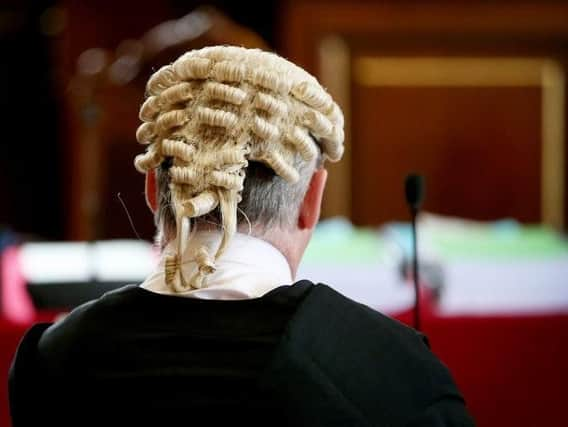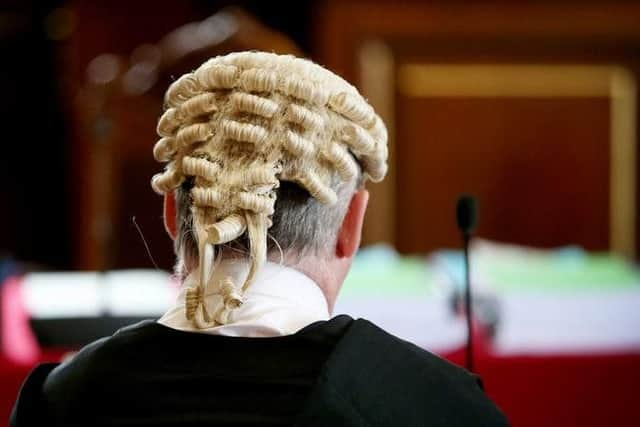Two thirds of the magistrates' courts in Thames Valley have closed since 2010


Experts are concerned that widespread court closures could deny people access to justice.
House of Commons library data reveals that 10 of the 15 magistrates' courts in the area have shut since 2010:
Witney Magistrates' Court


Didcot Magistrates' Court
Wantage Magistrates' Court
West Berkshire (Newbury) Magistrates' Court
Maidenhead (East Berkshire) Magistrates' Court
Bicester Magistrates' and Family Court
Amersham Magistrates' Court
Aylesbury Magistrates' Court
Banbury Magistrates' Court
Bracknell Magistrates' Court
The following courts remain open:
East Berkshire Magistrates' Court, Slough
High Wycombe Magistrates' Court
Milton Keynes Magistrates' Court and Family Court
Oxford and Southern Oxfordshire Magistrates' Court
Reading Magistrates' Court and Family Court
Advertisement
Hide AdAdvertisement
Hide AdMore than half the magistrates' courts in England and Wales have closed as part of reforms by the Ministry of Justice and HM Courts and Tribunals Service.
They aim to "improve access to justice" by using technology, including having defendants entering pleas online and testifying remotely via video screen.
However, campaigners say this could hamper communication between defendants and their legal representatives.
In Thames Valley six courts have been sold - four to private buyers - raising a total of £4.7 million for the MoJ.
Advertisement
Hide AdAdvertisement
Hide AdThe Treasury has stipulated that £400 million of the MoJ's £1.2 billion digital modernisation programme must be raised through the sale of courthouses.
Across England and Wales, £223 million has been raised by closing 162 out of 323 magistrates' courts.
Two courts were sold for just £1 each.
Penelope Gibbs, director of legal charity Transform Justice, says the MoJ should assess the impact of video justice before spending money on expensive technology.
Ms Gibbs, a former magistrate, said: "The hidden story of virtual justice is of the harm the disconnect does to the relationship between lawyer and client.
Advertisement
Hide AdAdvertisement
Hide Ad"Defendants appear alone, isolated from the court, their lawyer, court staff and family, with their ability to communicate hampered by poor technology."
She added that the MoJ has "closed courts without having a replacement system in place", leaving witnesses and defendants stranded.
The MoJ maintains that the programme will make access to justice easier and improve efficiency, particularly by closing under-used court houses.
Justice minister Lucy Frazer said: "The closure of any court is not taken lightly - it only happens following full public consultation and when communities have reasonable access to alternative courts."